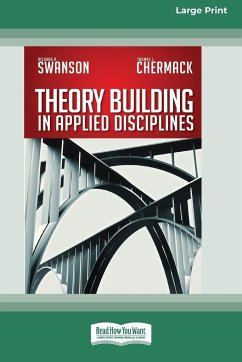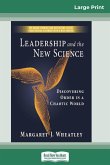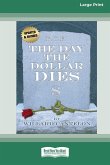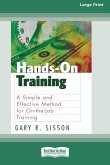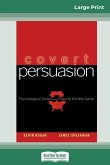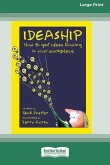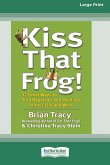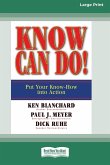When facing important professional problems, practitioners regularly respond with the latest gimmick, or by throwing everything and anything at the problem. In contrast, scholars regularly slice problems into small segments to study and explain them, without directly addressing the practical problem itself. Both approaches miss the target of sound theory and practice. Most theory development methodologies are incomplete, inappropriate, or totally overwhelming. This book presents a complete, five - stop methodology for developing sound theory that can be employed with any applied discipline - it is not discipline - specific. This methodology engages input from practitioners and scholars. By fusing them, a complete and accurate understanding of the phenomena being investigated results an understanding that meets the standards of both scholarship and practice.

